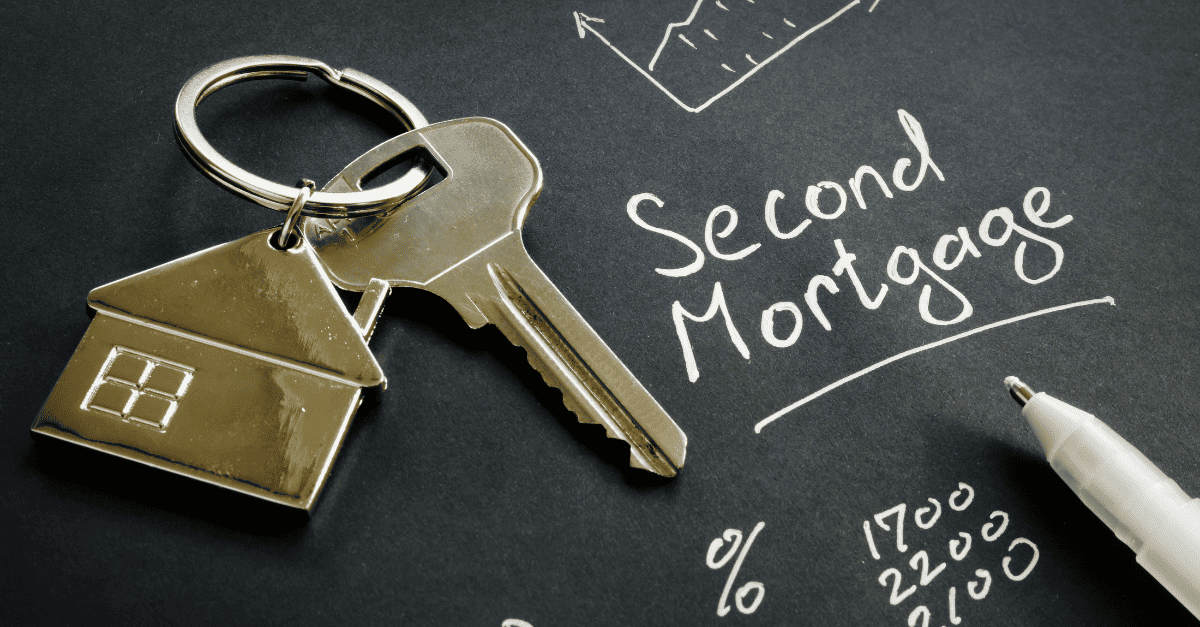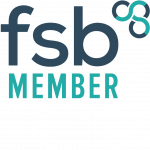As a homeowner, you may need additional funds for various reasons, such as home improvements or debt consolidation. In such situations, a second mortgage could be a viable solution. However, before taking out a second mortgage, it’s essential to understand how they work and what factors you should consider. In this beginner’s guide, we’ll delve into the details of second mortgages, providing you with the knowledge you need to make an informed decision.

Types of Second Mortgages available
When considering a second mortgage, it’s important to know that there are two main types of second mortgages available in the UK: Home Equity Loans and Home Equity Release Schemes.
Home Equity Loans allow you to borrow a lump sum against the equity in your home, and you’ll be required to make regular payments on the loan. This type of second mortgage typically comes with a fixed interest rate, making it easier to budget for payments over time.
On the other hand, Home Equity Release Schemes provide you with a lump sum or regular income in exchange for a share of your home’s equity. This means you’ll essentially sell a portion of your home’s value, which may not be ideal for everyone. It’s also worth noting that Home Equity Release Schemes tend to have higher interest rates and fees than Home Equity Loans, so it’s important to carefully consider the potential long-term costs before committing to this type of second mortgage.
Ultimately, the type of second mortgage best for you depends on your specific financial needs and goals.
How to Qualify for a Second Mortgage
When applying for a second mortgage, there are specific qualification requirements that you’ll need to meet. These requirements can vary depending on the lender, but there are some general factors that most lenders consider.
One of the primary factors lenders consider when approving a second mortgage application is your credit score. Having a good credit score is essential when applying for a second mortgage, as it demonstrates to lenders that you’re a responsible borrower likely to make payments on time.
In addition to credit score, lenders also consider other factors, such as your income, employment history, and debt-to-income ratio. Your income will play a significant role in determining how much you can borrow, and lenders typically prefer borrowers with a stable employment history with a consistent income stream.
It’s important to note that qualification requirements for second mortgages can be more stringent than those for first mortgages. This is because second mortgages are riskier for lenders, since they come after the primary mortgage in terms of priority for repayment. As a result, lenders may require a higher credit score, more income, or more equity in your home to approve a second mortgage.
Working with a professional mortgage service like Status Mortgage Solutions can help you navigate the qualification process and increase your chances of getting approved for a second mortgage. They can provide you with expert guidance and support to ensure that you meet the necessary requirements and find the best second mortgage option for your unique financial situation.
The Process of Obtaining a Second Mortgage
The process of obtaining a second mortgage is similar to a first mortgage, with a few key differences to keep in mind. Here’s what you can expect when applying for a second mortgage.
First, you’ll need to gather all the necessary documentation for your application. This typically includes documentation of your income, assets, and debt, along with any other financial information that the lender requires. It’s important to have all these documents in order before you start the application process, to ensure a smooth and efficient process.
Once you’ve gathered your documentation, the lender will likely require an appraisal of your home’s value. This is because the amount of equity you have in your home is a significant factor in determining your eligibility for a second mortgage. The appraisal will provide the lender with an accurate assessment of your home’s value, which will help them determine how much they’re willing to lend you.
Approval for a second mortgage depends on several factors, including your credit score, income, and equity in your home. Lenders typically require a good credit score to approve a second mortgage, along with sufficient income to make the monthly payments.
It’s important to note that the approval process for a second mortgage can take longer than a first mortgage. This is because lenders may need to conduct more thorough underwriting to ensure that you’re a qualified borrower.
Working with a professional mortgage service like Status Mortgage Solutions can help streamline the process of obtaining a second mortgage. They can help you gather all of the necessary documentation, navigate the appraisal process, and increase your chances of getting approved for a second mortgage that meets your unique financial needs.
Uses for Second Mortgages
Second mortgages can provide homeowners with additional financing options for various purposes. The most common use is for home renovations, which can increase the value of your property and make it more attractive to potential buyers. By using a second mortgage to fund renovations, you can increase the equity in your home and potentially sell it for a higher price in the future.
Debt consolidation is another popular use for second mortgages. If you have high-interest credit card debt or personal loans, a second mortgage can help consolidate your debt into a single, more manageable payment with a lower interest rate. This can help you pay off your debt faster and save money in the long run.
Second mortgages can also be used to fund education or investments. Using a second mortgage to invest in property or stocks can potentially provide a return on investment that exceeds the interest rate on the second mortgage. This can be a smart financial decision if you have a solid investment plan in place and are confident in your ability to manage the risk.
However, it’s important to remember that taking out a second mortgage can be a risky financial decision. Second mortgages are secured loans, which means that if you default on the loan, the lender can foreclose on your home. It’s important to evaluate the potential risks and benefits before taking out a second mortgage for any purpose.
Ultimately, the decision to take out a second mortgage should be based on your financial goals and situation. It’s important to weigh the potential benefits and risks before making a decision. A professional mortgage adviser can provide guidance and advice to help you make an informed decision.
Risks of Second Mortgages
A second mortgage can be an attractive option for homeowners looking for additional financing options, but it’s important to be aware of the potential risks involved. One of the biggest risks of a second mortgage is negative equity. Negative equity can occur when the value of your home decreases, and the amount you owe on your mortgage exceeds the home’s value. This can make it difficult to sell your home or refinance your mortgage in the future.
Another risk of second mortgages is higher interest rates. Interest rates on second mortgages are often higher than those on first mortgages, which can increase the total cost of the loan. This is because second mortgages are considered riskier than first mortgages, as they are subordinate to the primary mortgage in the event of default or foreclosure. This means that if the borrower defaults, the primary mortgage lender is paid first, and the second mortgage lender is only paid if there are any funds left over.
In addition to these risks, it’s important to carefully consider the intended use of the second mortgage. While second mortgages can be used for various purposes, such as home renovations, debt consolidation, or funding for education, it’s important to ensure that the intended use aligns with your financial goals and budget. If the funds are used for speculative investments or other high-risk ventures, it can increase the likelihood of default and further increase the risks associated with a second mortgage.
It’s important to thoroughly assess the risks and benefits of a second mortgage before making a decision. If you are considering a second mortgage, it’s recommended to consult with a professional mortgage adviser, who can provide expert guidance and help you determine if a second mortgage is the right choice for you.
Conclusion
If you are considering a second mortgage, it is important to carefully assess your financial goals and potential risks before applying. Seeking professional guidance and support from a mortgage service like Status Mortgage Solutions is a smart move that can help you make an informed decision and navigate the process with confidence.
YOUR PROPERTY MAY BE REPOSSESSED IF YOU DO NOT KEEP UP REPAYMENTS ON YOUR MORTGAGE OR ANY OTHER DEBT SECURED ON IT.
Approved by The Openwork Partnership on 05/05/2023
Status Mortgage Services is a trading style of Openwork Limited which is authorised and regulated by the Financial Conduct Authority.









